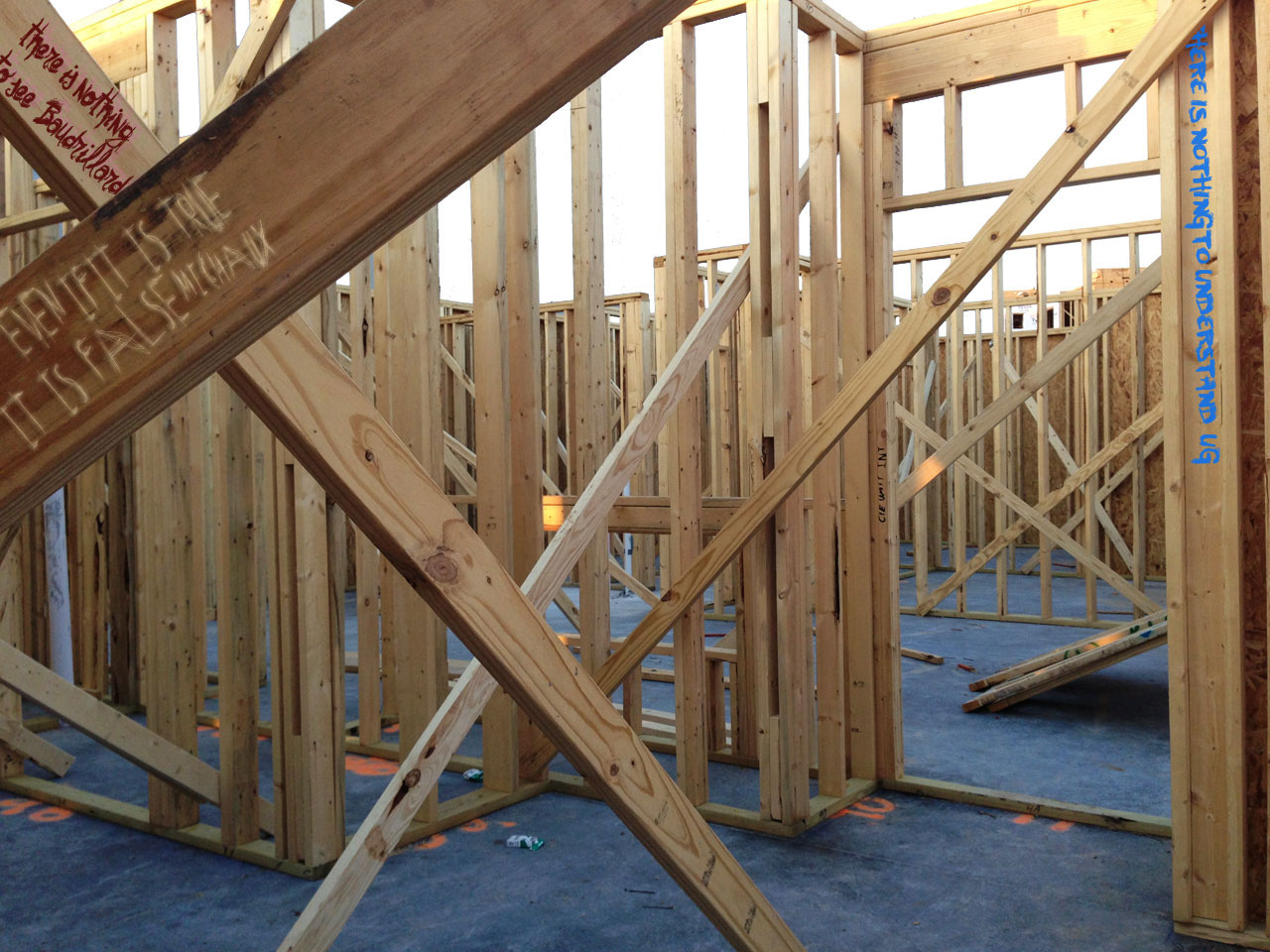
Pier Marton
The School's Unlearning Specialist
In May 2008, Pier Marton had a brain hemorrhage which was followed by three weeks in an I.C.U. (Intensive Care Unit).
He spent the first part of that summer at the hospital and in rehab, and the later part at home, lying flat on his back.
The first time he looked at himself, he was shocked: the skin of his stomach was hanging, the bones on his jaw and his knees stuck out, he had been drained by the experience.
Upon re-entering his office, after this extended absence, nothing seemed anymore “like before” — he realized that, had he not survived, there would have been three categories of things he would have left behind:
- The things of no value, except on a personal level (the tchotchkes, small objects, books, papers, photos… ). Basically what would have become trash.
- The things of value to his loved ones, the mementos… (and future trash).
- The things that had monetary value.
Two categories were to be saved: what had financial value, and what had sentimental value. His office had been filled with “stuff“! Did the significance of this insight extend beyond the objects in his office?
Although Marton had already emphasized in his teaching a tabula rasa approach to media (i.e., Robert Bresson, Michangelo Antonioni, Tarkovsky, The Society of the Spectacle), now, as every position on the market sought a “new media” specialist, he was not willing to continue and teach the same old material even while possibly adding A.R. (Augmented Reality) or Interactivity to the package.
He needed to go deeper in reassessing what he had taught for more than thirty years.
This is how the School of No Media was envisioned:
a place where one could consider oblivion and venture into the truly unknown
&
what lies beyond the concepts and words – and media – we are so quick to resort to.
What for?
To reveal our basic nakedness and what lies behind our imagined fullness.
And more importantly, to attempt to enter a space that does not depend on an artificially constructed reality.
And, while speaking about “nothing,” to teach unlearning and to address the futility of words – possibly by other means than words.
To be humbled by and to acknowledge our foundational ignorance.
Is anyone else willing to listen to this particular silence?


